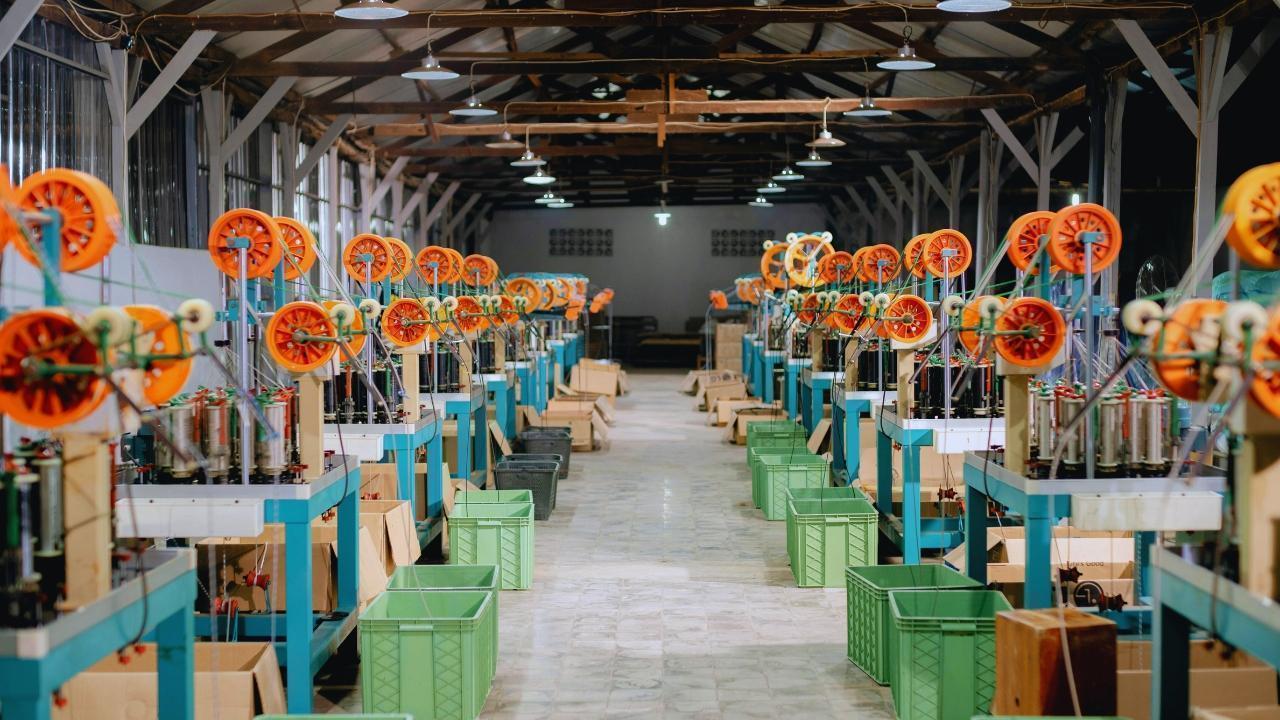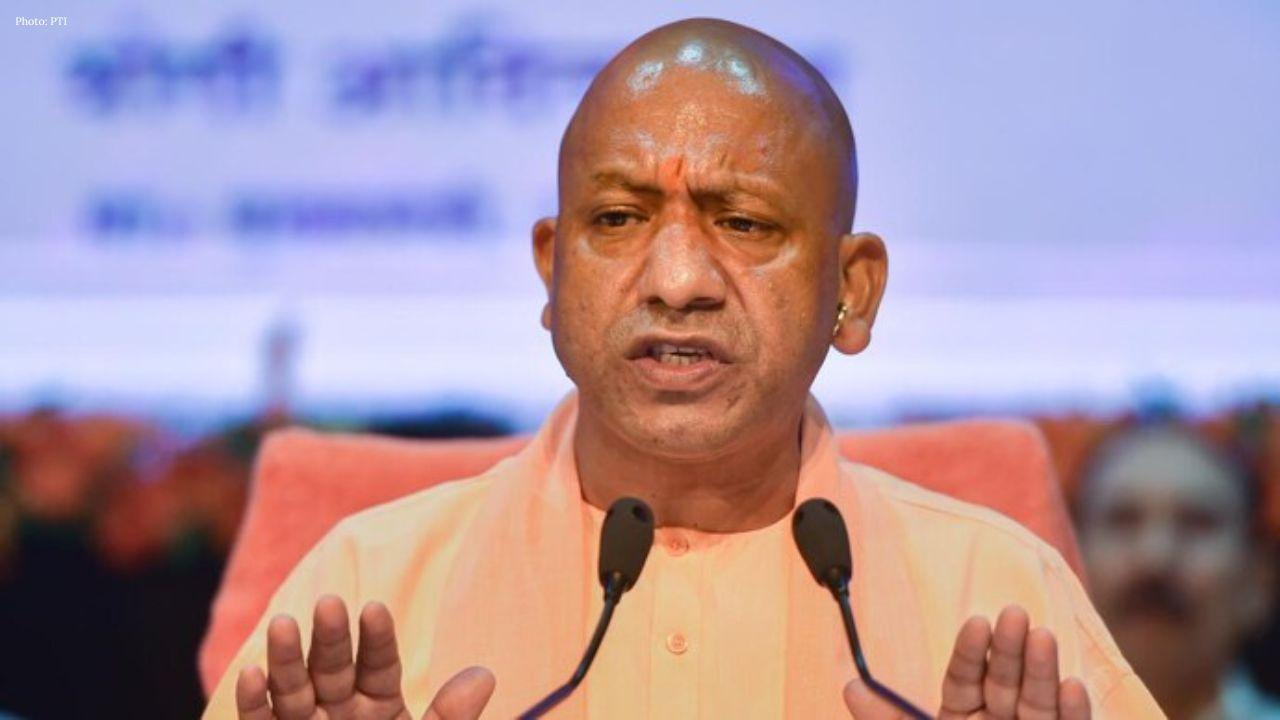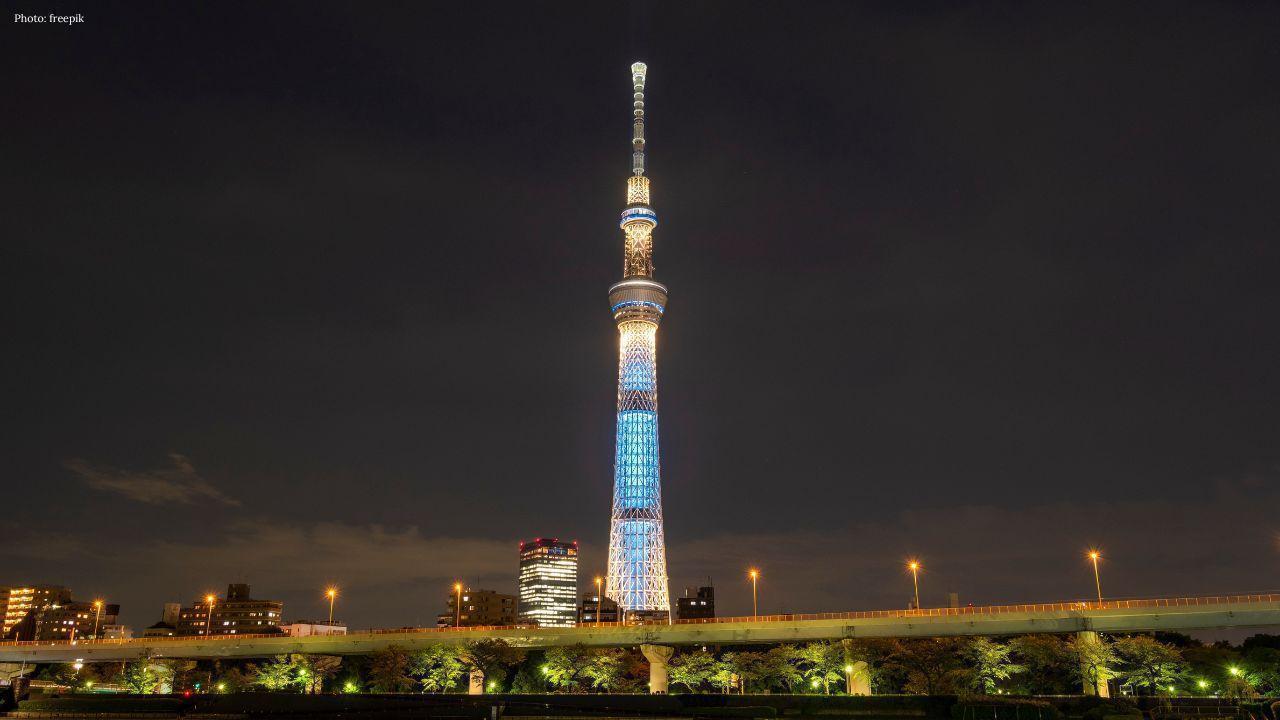You have not yet added any article to your bookmarks!

Join 10k+ people to get notified about new posts, news and tips.
Do not worry we don't spam!

Post by : Anis Farhan
For decades, Asia has worn the crown of the world's manufacturing hub. From electronics in China to garments in Bangladesh, the region’s grip on global production has been unmatched. But in 2025, the winds are shifting. Africa is quietly stepping up, leveraging young labor, strategic reforms, and shifting geopolitics to position itself as the next global factory.
Countries like Ethiopia, Kenya, Nigeria, Ghana, and Egypt are attracting attention from multinationals looking to diversify supply chains away from Asia. With rising production costs in China and pressure to “de-risk” global sourcing, Africa’s industrial potential is no longer theoretical — it’s happening.
Several converging forces are behind Africa’s manufacturing momentum:
Rising wages in Asia: Chinese factory labor costs have tripled over the past decade, and even Southeast Asia is seeing upward wage pressures.
Supply chain diversification: The COVID-19 pandemic, U.S.–China tensions, and shipping disruptions have forced companies to rethink their Asia-only sourcing strategy.
Africa Continental Free Trade Area (AfCFTA): With 54 signatories, this agreement has created the world’s largest free trade zone by country count, improving intra-African logistics.
Digital manufacturing: Advances in smart factories, AI-driven inventory management, and cross-border payment systems are helping African firms plug directly into global supply chains.
Together, these trends are pushing companies to look west and south — not just east.
Ethiopia has positioned itself as a textile and apparel powerhouse, with Chinese and Turkish firms investing in garment parks like Hawassa Industrial Park. Despite recent political instability, the government is doubling down on incentives — including zero-duty import of machinery, tax holidays, and export subsidies.
Kenya, meanwhile, is fast becoming a tech-enabled manufacturing hub, particularly in processed food, packaging, and electric vehicle assembly. Nairobi’s strong logistics links and robust fintech ecosystem make it easy for manufacturers to move goods and manage operations digitally.
In 2025, both countries reported a double-digit increase in manufacturing FDI compared to 2023.
West Africa is also in play. Nigeria, with its massive domestic market, is attracting firms that want to serve both local and regional consumers. The Lagos–Ibadan Industrial Corridor now hosts manufacturers from India, the UAE, and South Korea, producing everything from electronics to solar panels.
Ghana, on the other hand, has bet big on pharmaceuticals and agri-processing. With support from the African Development Bank, Ghana is building a vaccine production cluster to serve the West African region, cutting import dependence and opening up export potential.
Both countries are part of regional logistics projects that promise smoother cross-border supply chains, a major pain point in the past.
Despite these developments, Asia is not giving up ground easily. China continues to dominate high-tech manufacturing. Vietnam, Thailand, and Indonesia are modernizing their industrial zones and climbing the value chain. India is investing heavily in electronics and EV supply chains.
Moreover, Africa still faces major hurdles:
Power reliability remains a bottleneck, with blackouts common in many countries.
Transport infrastructure is improving but lags behind Asia’s ports and highways.
Skill gaps are real, especially in precision engineering and automation.
These issues must be addressed if Africa wants to become not just a low-cost base but a globally competitive manufacturing ecosystem.
A growing number of global companies are making their bets:
H&M and PVH are expanding sourcing in East Africa.
Samsung has opened an assembly plant in Nigeria.
Indian pharma firms are building formulation centers in Kenya and Ghana.
Chinese infrastructure giants continue to back industrial parks, ports, and railways.
Multilateral institutions are also stepping in. The World Bank, IFC, and AfDB are funding credit access, vocational training, and logistics upgrades — essential to long-term viability.
If Africa can sustain this momentum, the implications are massive:
Reduced pressure on Asian supply chains, particularly for mid- and low-tier goods
Faster delivery to Europe and the Americas, thanks to geographic proximity
More diversified global trade flows, less prone to single-region disruption
In this new world order, Africa doesn't need to replace Asia — it needs to complement it. The future of manufacturing will be multi-polar, and Africa is stepping into its role with increasing confidence.
This article is intended for informational and editorial use only. It does not constitute investment advice or trade recommendations. Readers should consult experts and do their own due diligence before acting on infrastructure or manufacturing insights presented here.










UP CM Holds Talks With Ex Japan Economy Minister in Tokyo
Yogi Adityanath met former Japan economy minister Nishimura Yasutoshi in Tokyo to boost UP-Japan coo

Hiroshima Teacher Arrested for Alleged Sexual Assault of Minor
A 37-year-old high school teacher in Hiroshima was arrested on suspicion of sexually assaulting a te

Tokyo Skytree Reopens After Elevator Malfunction Suspension
Tokyo Skytree resumed operations after a three-day closure caused by an elevator failure that trappe

Skiers Rescue Man Buried Under Snow at California Resort
A dramatic rescue at Palisades Tahoe shows two skiers saving a man suffocating under deep snow durin

Sri Lanka Ex-Intel Chief Arrested Over Easter Attacks
Former SIS Chief Suresh Sallay arrested by CID in connection with the 2019 Easter Sunday bombings th

Japan Reports Spike in Measles Cases Authorities Issue Alert
Japan confirms 43 measles cases in early 2026, prompting health authorities to warn potential contac